Scott Peterson: Inside a Cheating Husband's Deadly Lies (FPD Case Vault)
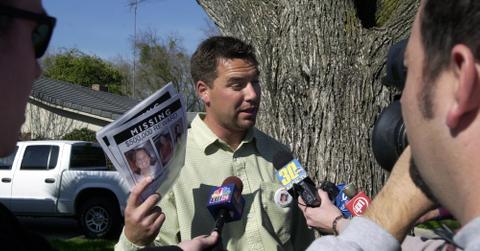
For a little while, it looked like he might actually get away with it. During the first three months of Scott Peterson’s trial for the murder of his eight-months-pregnant wife, Laci Peterson, legal experts had criticized the prosecution’s handling of the case, which was based almost entirely on circumstantial evidence.
But that all changed on August 10, 2004, when their star witness took the stand: Scott’s former lover, 27-year-old single mom and massage therapist Amber Frey. It was her testimony – and the secret tapes she made of her conversations with Scott after Laci went missing – that finally showed the jury how devious and manipulative the defendant could be. “Amber came across as one of the most credible people you could ever hear testify,” said her former attorney, Gloria Allred. “And Scott on those recordings came across as one of the biggest liars one could ever hear.”
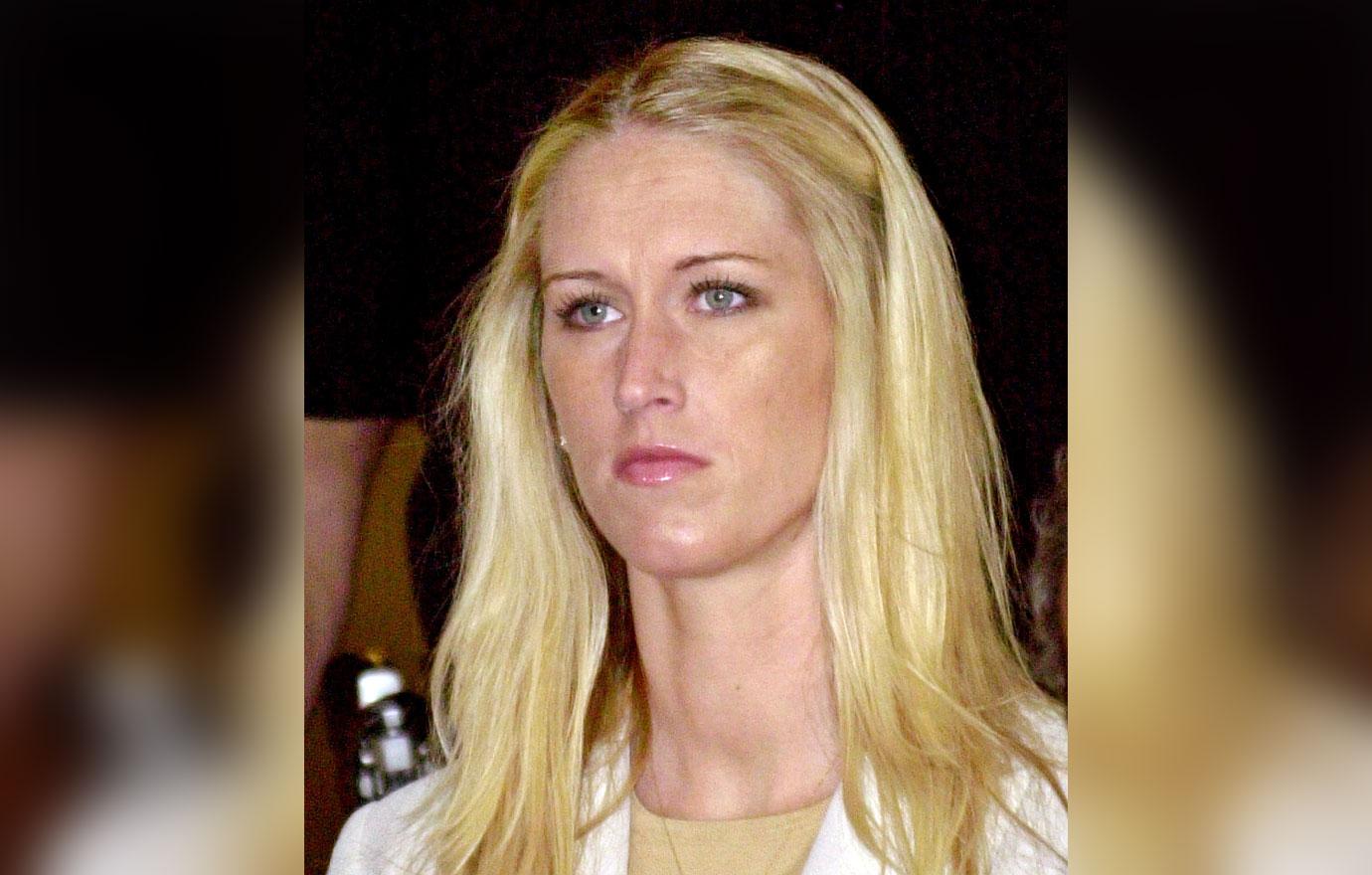
Amber Frey's revealing testimony helped put Scott Peterson behind bars for murder.
Until then, the world had seen him as a grieving widower. On Christmas Eve, 2002, 30-year-old Scott had eaten breakfast with his wife, 27, in their Modesto, California, home before she went to walk the dog and he took his fishing boat to Berkeley Marina.
According to his boat-launch ticket, Scott arrived at 12:54 p.m. and was on the water about 80 minutes. He called Laci at 2:15 p.m. She didn’t answer and he left a voicemail. “I’ll see you in a bit, sweetie,” he said in the recording. When Scott arrived home to find the leashed dog in the backyard and the house empty, he called cops and reported his wife missing.
As the search intensified, media coverage turned the investigation into a national fixation. Over a thousand people attended a candlelight service for Laci on December 31, 2002. Scott, oddly, was seen smiling and laughing. During the vigil, he also called Amber, who had already been led to believe he was a widower, telling her he was in Paris on business.
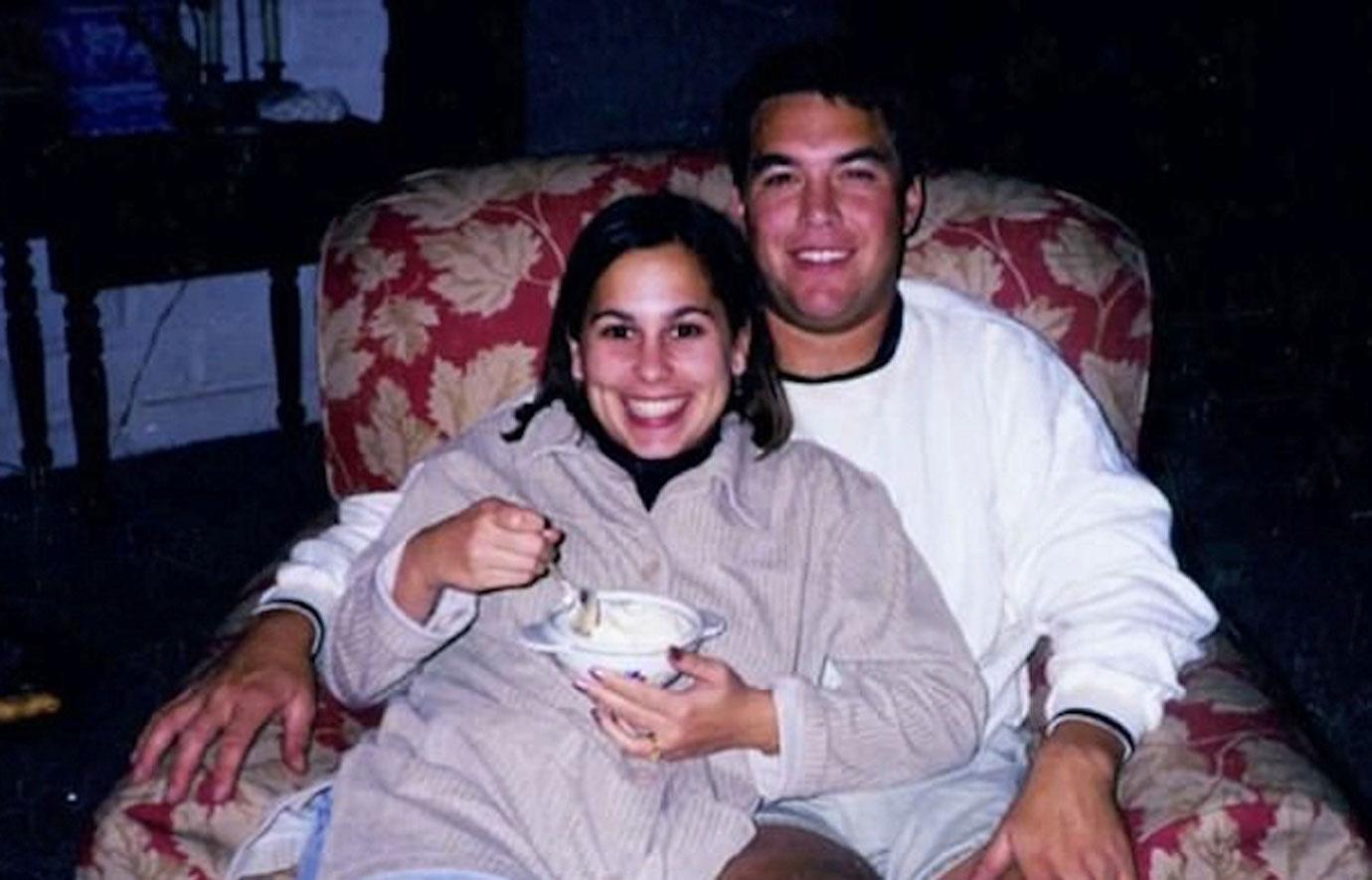
Laci and Scott Peterson appeared to be a happy couple - but it was all a lie.
What he didn’t know was that Amber was recording their conversation. She had figured out who he was and tipped off police, who were already suspicious of Scott. “He went fishing 90 miles from home on Christmas Eve with an eight-and-a-half-months-pregnant wife,” said Modesto police detective Al Brocchini. “When we questioned him a couple of hours after he got home, he didn’t know what he was fishing for or what bait he was using. Those were red flags.”
When Laci’s mother, who had been supportive of her son-in-law, saw a photo of Scott and Amber, she instantly knew what had happened. “Sharon buried her head in her hands,” recalls Modesto detective Jon Buehler, “and said, ‘Why did he have to kill her?’”
Still, despite Scott’s suspicious behavior – he even sold Laci’s car after she went missing – cops had been hesitant to arrest him for murder without a body.
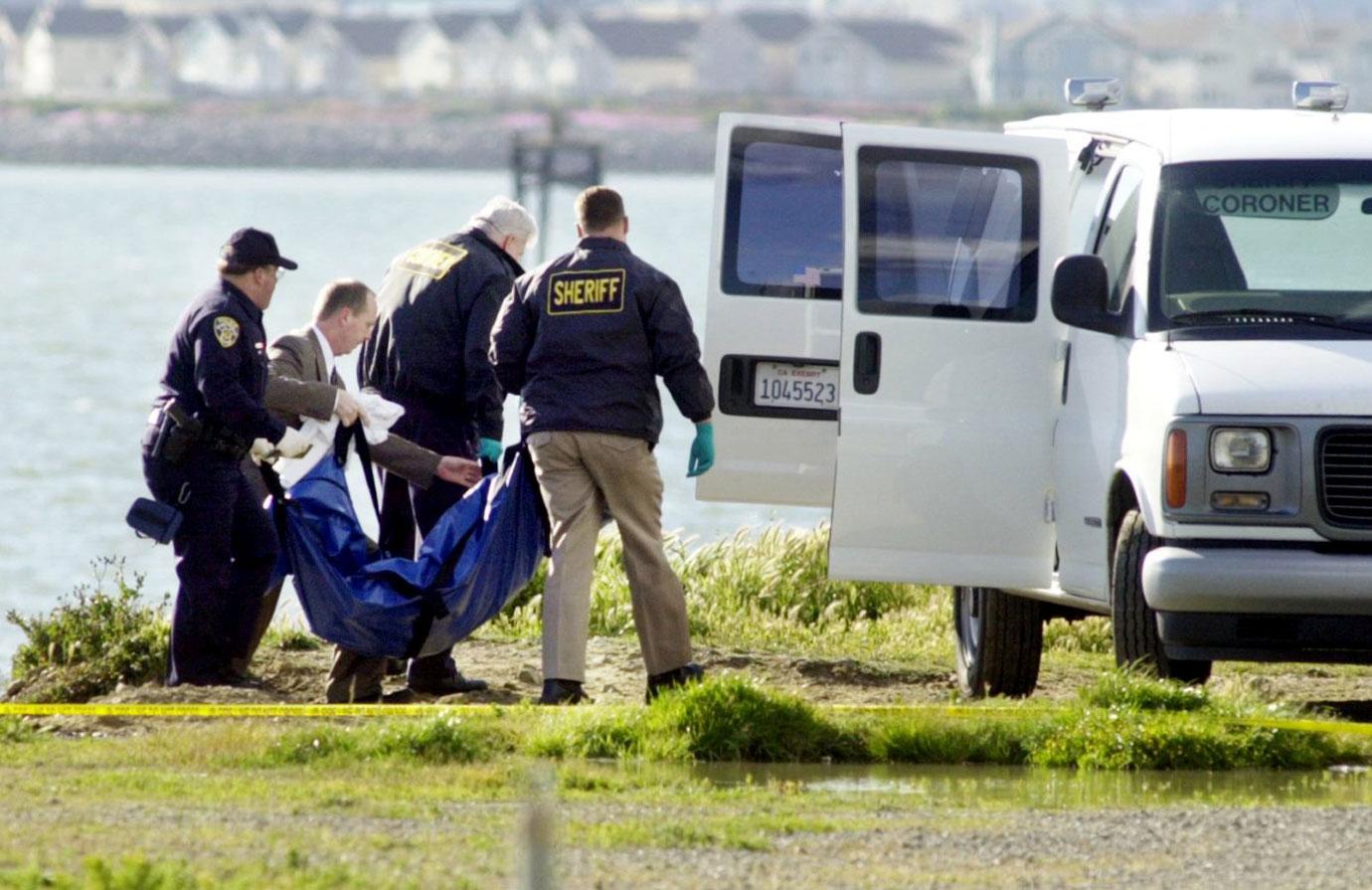
Laci's body - along with the unborn baby fetus - was recovered from the San Francisco shoreline four months after she went missing.
Then, on April 13, 2003, the remains of a male fetus were found on the shoreline of San Francisco Bay, north of the marina where Scott said he had been boating on the day of Laci’s disappearance. The following day, a partial female torso was recovered in the same area. The fetus was identified as Laci’s, a boy she had planned to name Conner. Investigators could not determine Laci’s cause of death, but found she’d suffered multiple broken ribs before she died.
Scott was arrested on April 18, 2003, in the parking lot of the prestigious Torrey Pines Golf Course in La Jolla, California. He had dyed his hair and goatee blond, and was carrying about $15,000 in cash, four cellphones, camping equipment, several changes of clothing, a dagger, a shovel, ropes, sleeping pills, Viagra and a map showing Amber’s workplace.
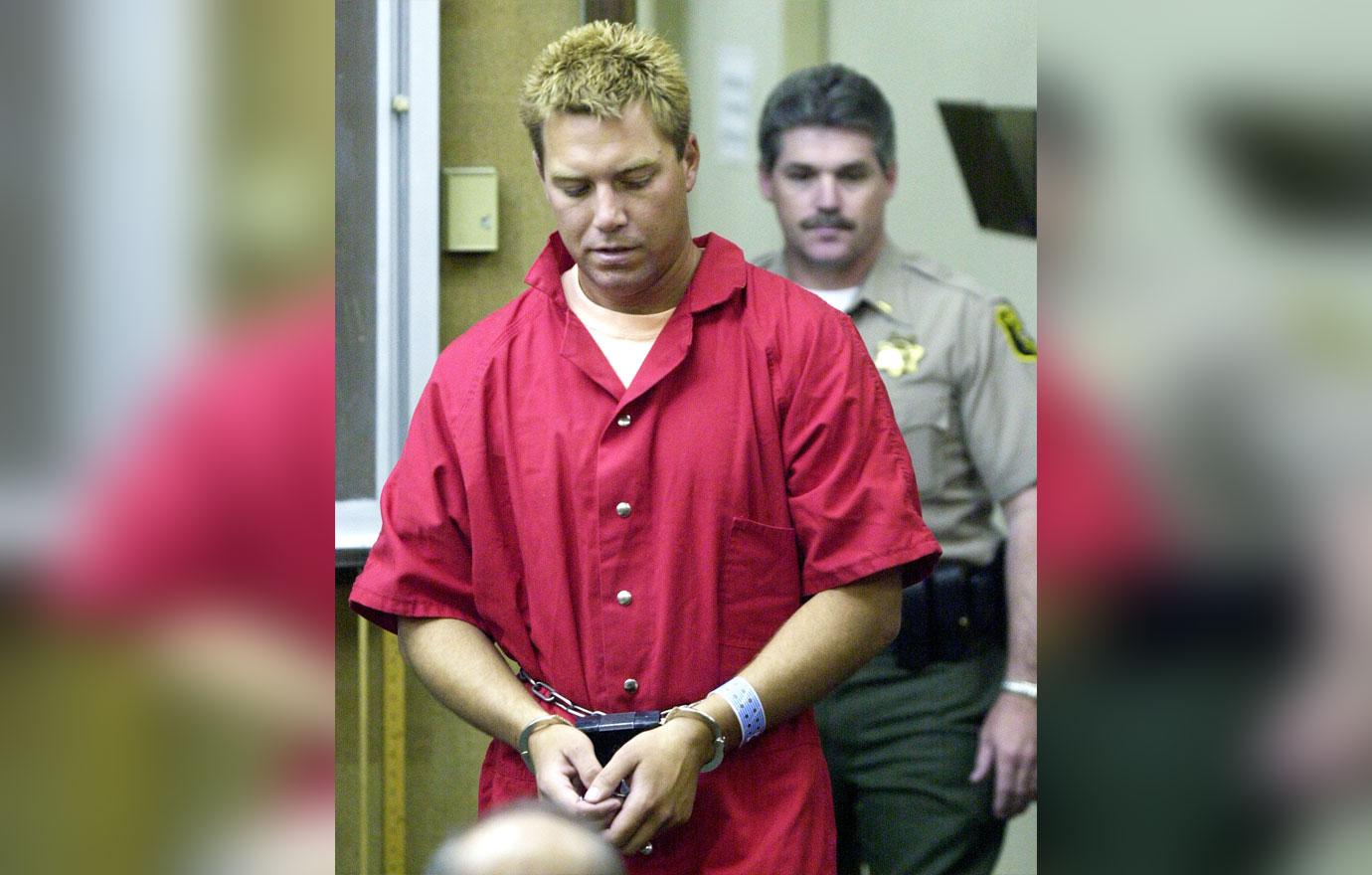
Scott Peterson was arraigned for the murder of his wife Laci and their unborn son soon after the bodies were discovered.
His seven-month-long trial began in June 2004 in Redwood City, California, where it had been moved due to the torrent of publicity the case had gotten in Modesto. His attorneys maintained that Laci could have been kidnapped and held until she gave birth, then killed and dumped in the bay with her child.
Prosecutors argued that he had killed Laci because he wanted to continue his affair with Amber and avoid the demands of fatherhood. Witnesses who’d seen Laci in the hours before her disappearance – a grocery clerk, neighbors, Laci’s family – helped build a murder case.
When Amber took the stand, she testified that two weeks before Laci disappeared, Scott broke down and told Amber he had “lost his wife,” she recalled. “He said it was entirely too painful for him to talk about. He stated that this would be the first holidays he would be spending without her.”
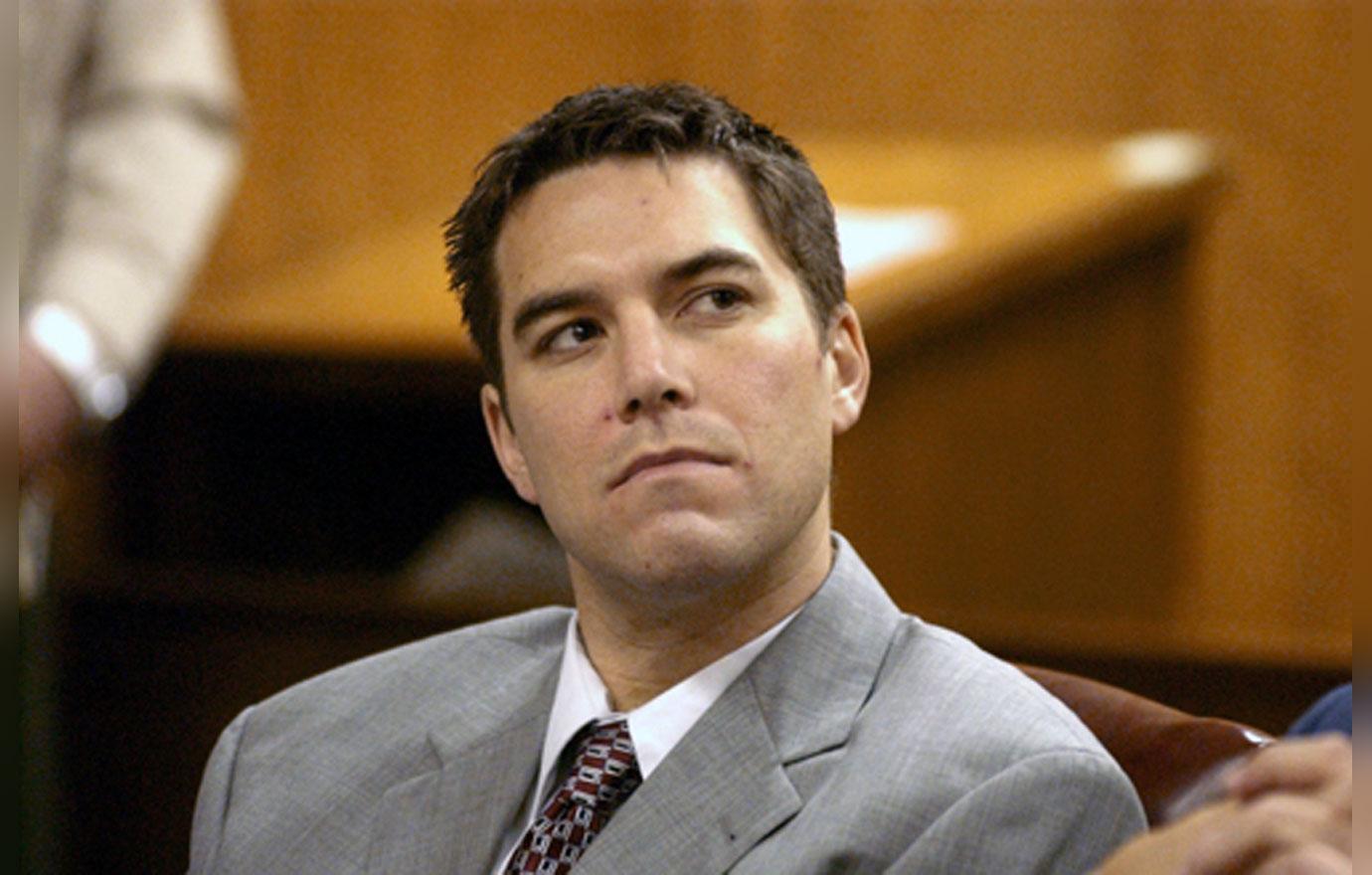
Double murder suspect Scott Peterson showed no remorse after being convicted of first-degree murder on November 12, 2004.
That didn’t look good, but – maddeningly for prosecutors – forensic teams had uncovered no physical evidence connecting Scott to the murders. The only “proof” they had was hair, thought to be Laci’s, found on a pair of pliers on his boat, along with a set of homemade cement weights from Scott’s warehouse and a partially used bag of unmixed cement. Authorities believed similar weights could have been used to sink Laci’s body, though no “anchors” were found.
Still, in one of Amber’s tapes that was played in court, when Scott described putting his hands around her waist “like anchors,” jurors took notice.
There was no smoking gun, but Scott’s words and behavior on the recordings were enough to convince the jury. On November 12, 2004, Scott was convicted of first-degree murder with special circumstances for Laci’s death and second-degree murder for the death of the fetus.
The jury handed down a death sentence, and on March 16, 2005, shortly before Judge Delucchi sentenced him to die by lethal injection, Laci’s mom read an emotional statement in which she imagined Laci and Scott’s son being murdered and Conner asking, “Daddy, why are you killing Mommy and me?”
Scott's death penalty was overturned on appeal in August 2020 – though the conviction was upheld.
But nothing could change one juror’s mind. “Scott is a sociopath,” juror Mike Belmessieri says. “He’s lying, no-good S.O.B. who took one of the most important things away from a family – their daughter and their grandchild. If there was no one willing to, I would personally execute him.”
Scott, now 51, was resentenced in December 2021 to life in prison with no chance of parole. The following year, he was denied another trial and moved in October 2022 from San Quentin State Prison to Mule Creek State Prison near Sacramento.
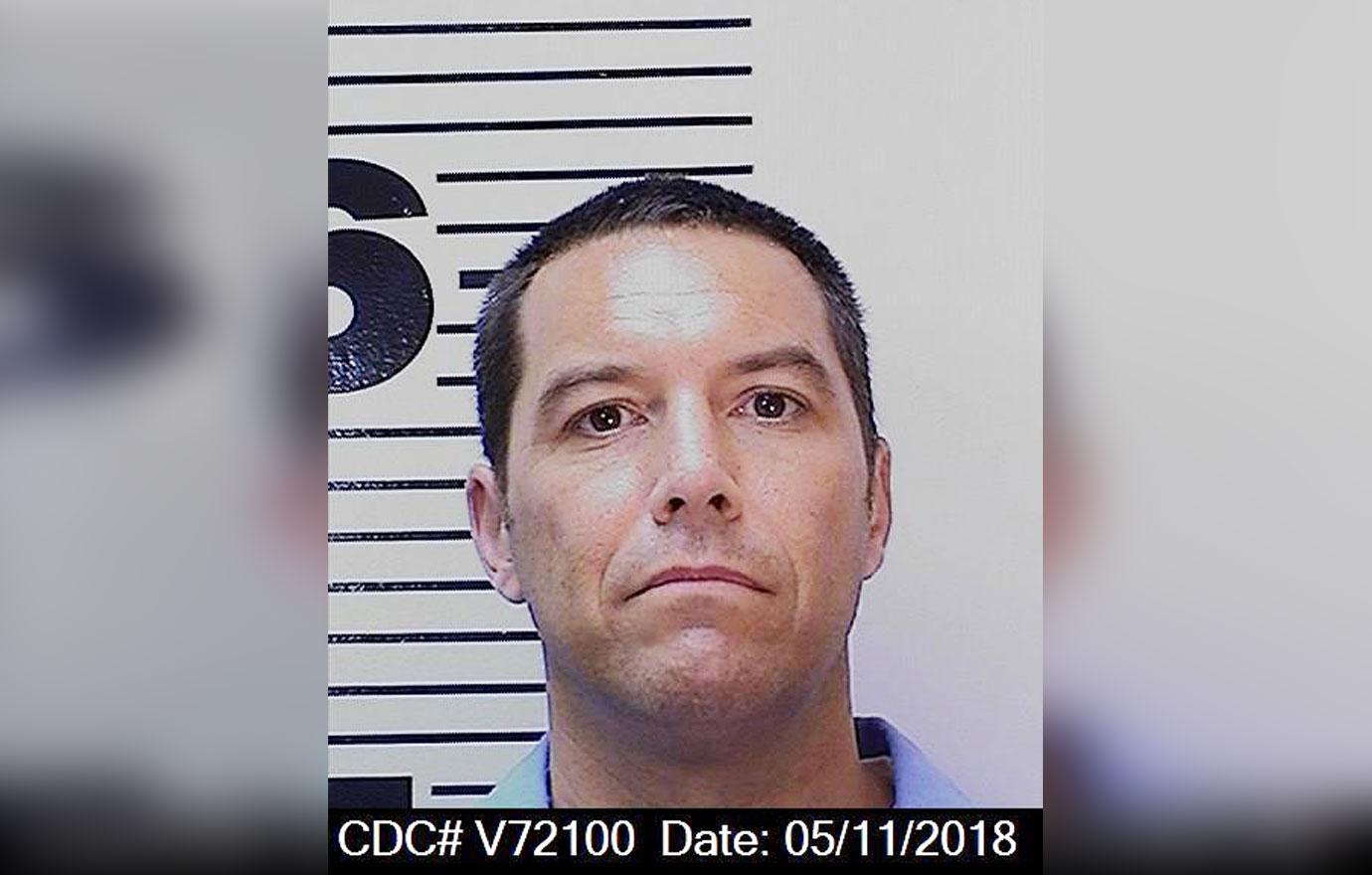
Scott Peterson, here in a 2018 mugshot, remains on death row at San Quentin State Prison, California.
Become a Front Page Detective
Sign up to receive breaking
Front Page Detectives
news and exclusive investigations.
